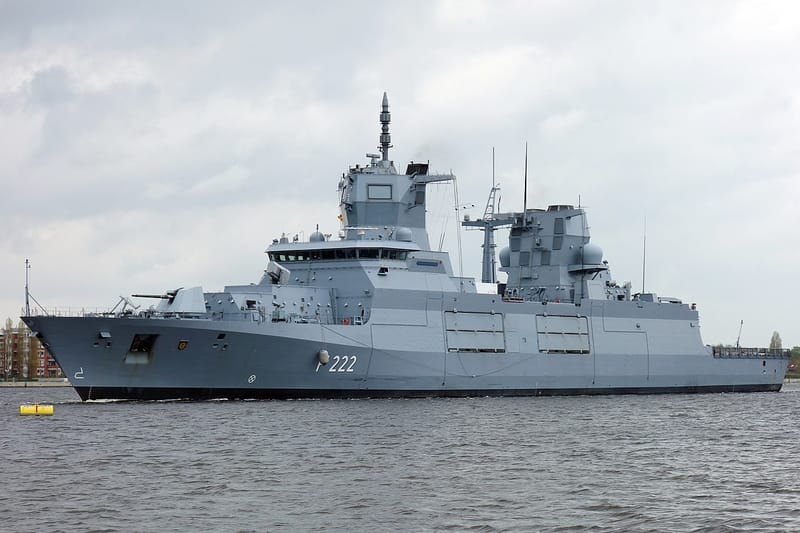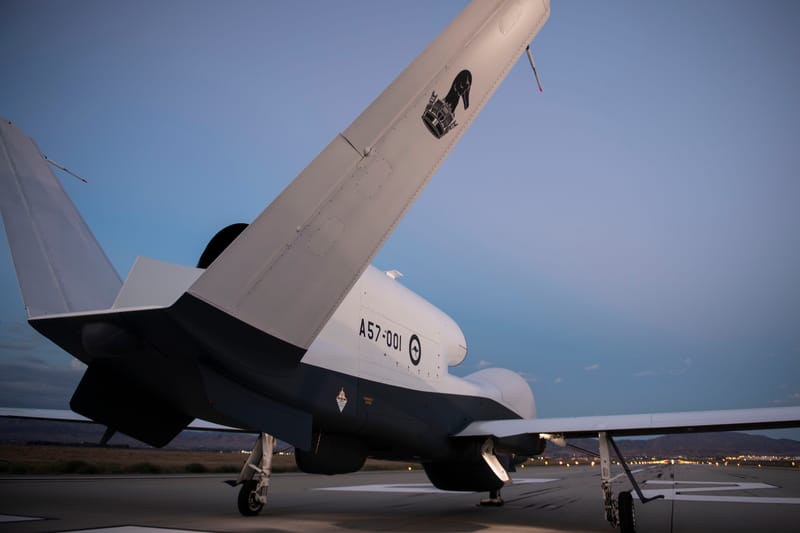China’s Rising Defence Ambitions and Europe's Security Challenges
China’s budget expansion reflects strategic objectives that extend well beyond Asia, influencing global trade, regional security, and even Europe’s own defense posture.

As China’s defence budget surges by 7.2% this year, reaching $296 billion, the implications for global stability and European security are profound. Detailed by AP News and the Stockholm International Peace Research Institute (SIPRI), this increase underscores China’s intent to solidify regional influence and project power internationally. As the world’s second-largest defence spender, after the United States, China’s expanding budget reflects strategic goals extending beyond Asia, impacting global trade, regional security, and Europe’s own defence posture.
Strategic Imperatives Behind China’s Defence Spending
China’s expanded military capabilities highlight its dual objectives: safeguarding territorial claims in the South China Sea and establishing itself as a global power. This expansion is aimed at both regional dominance and securing critical trade routes. With growing naval capabilities and modernised missile systems, China signals a commitment to control strategic waterways, raising concerns among neighbours and global powers regarding navigation rights and sovereignty.
China’s influence has significant economic implications. Through the Belt and Road Initiative (BRI), China has invested in dual-use infrastructure, particularly in ports across Asia, Africa, and the Middle East. Facilities like Pakistan’s Gwadar and Sri Lanka’s Hambantota ports, ostensibly civilian, could serve as bases for military operations, embedding Chinese influence along global trade routes. Given Europe’s reliance on Indo-Pacific routes, China’s presence poses both economic and security challenges for the EU and NATO allies.
International Collaboration: German Universities and Military Research
China’s rise is bolstered by strategic international partnerships, especially in research with military applications. Germany, a European innovation hub, has collaborations with Chinese universities linked to China’s defence sector. Reports indicate nearly 230 German research projects involve institutions tied to China’s military, prompting calls for stricter regulation.
An investigation by Handelsblatt highlighted a partnership between Professor Z. from the University of Hamburg and researchers from China’s “Seven Sons of National Defense,” a group of universities connected to China’s military-industrial sector. Collaborations at German institutions may inadvertently aid China’s military modernisation through advancements in AI and engineering. Although German universities maintain these partnerships are academic, European analysts are increasingly concerned about dual-use technology transfer. This has led to scrutiny from German policymakers and discussions around regulatory reforms to prevent unintended support for China’s military development.
European Security Implications and Alignments in the Indo-Pacific
Europe faces a balancing act, weighing economic ties with China against the risks posed by its military ambitions. With nearly 40% of European trade passing through the Indo-Pacific, securing these routes is critical. Consequently, the EU and NATO have heightened focus on China’s footprint in the region, and European countries are recalibrating defence strategies in response.
European nations have strengthened their presence in the Indo-Pacific. France, Germany, and the United Kingdom have conducted military deployments and naval exercises in the South China Sea, signalling a commitment to uphold international norms. The Quadrilateral Security Dialogue (Quad)—comprising the United States, Japan, India, and Australia—has also shown a willingness to engage European partners, forming a coalition to counterbalance China’s influence.
Europe’s Response: Aligning with Indo-Pacific Partners
In response to China’s assertive stance, European countries are strategically aligning with Indo-Pacific partners through security partnerships aimed at countering regional threats. The EU, NATO, and the Quad countries are committed to a rules-based order that ensures open trade routes and prevents regional coercion.
France has led joint naval exercises with Quad countries, reinforcing its role as a stabilising force in the Indo-Pacific. Similarly, the United Kingdom has “tilted” towards the region by deploying the HMS Queen Elizabeth carrier strike group to the South China Sea. Germany, while more cautious, has conducted naval deployments, underscoring its commitment to free navigation.
Conclusion: Europe’s Strategic Realignment in a Multipolar World
China’s rise as a defence powerhouse is reshaping the strategic landscape, prompting Europe to reassess its security and economic priorities. While Europe seeks to balance economic cooperation with China, maintaining security autonomy and resilience is increasingly crucial. The EU and NATO must consider not only immediate security needs but also long-term strategies that protect technological assets and reduce dependency on an assertive China.
As Europe responds to these evolving dynamics, it must uphold freedom of navigation in Asia while safeguarding its strategic interests at home. This recalibration requires alliances in both the Atlantic and Indo-Pacific and may call for more pragmatic policies over current approaches.
Sources: AP News, European Parliament, Research Professional News, International Institute for Strategic Studies, Handelsblatt.




